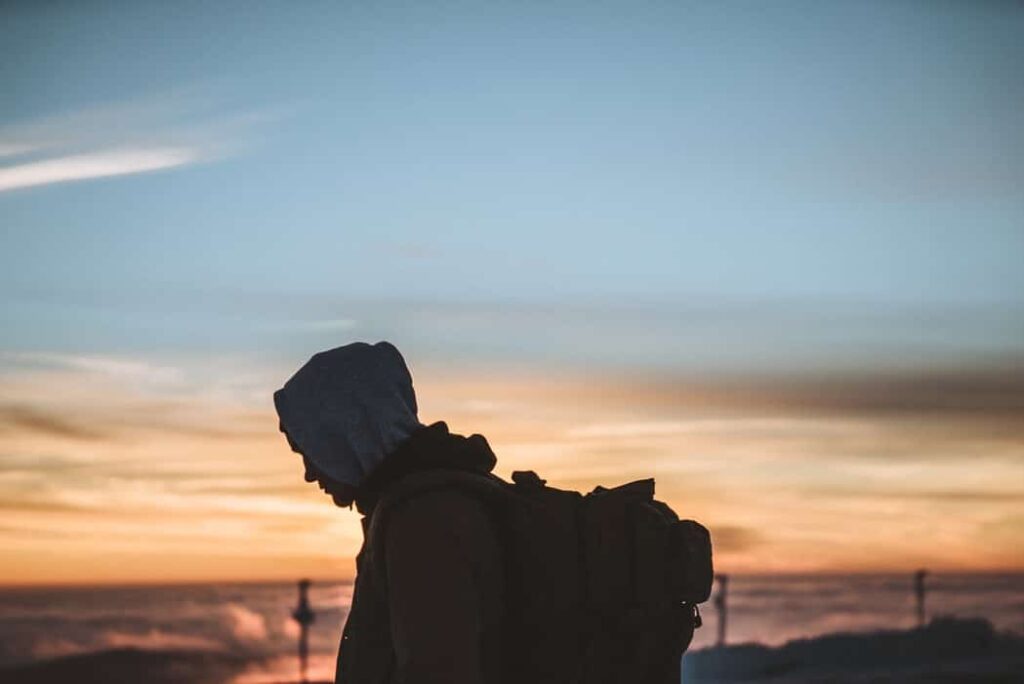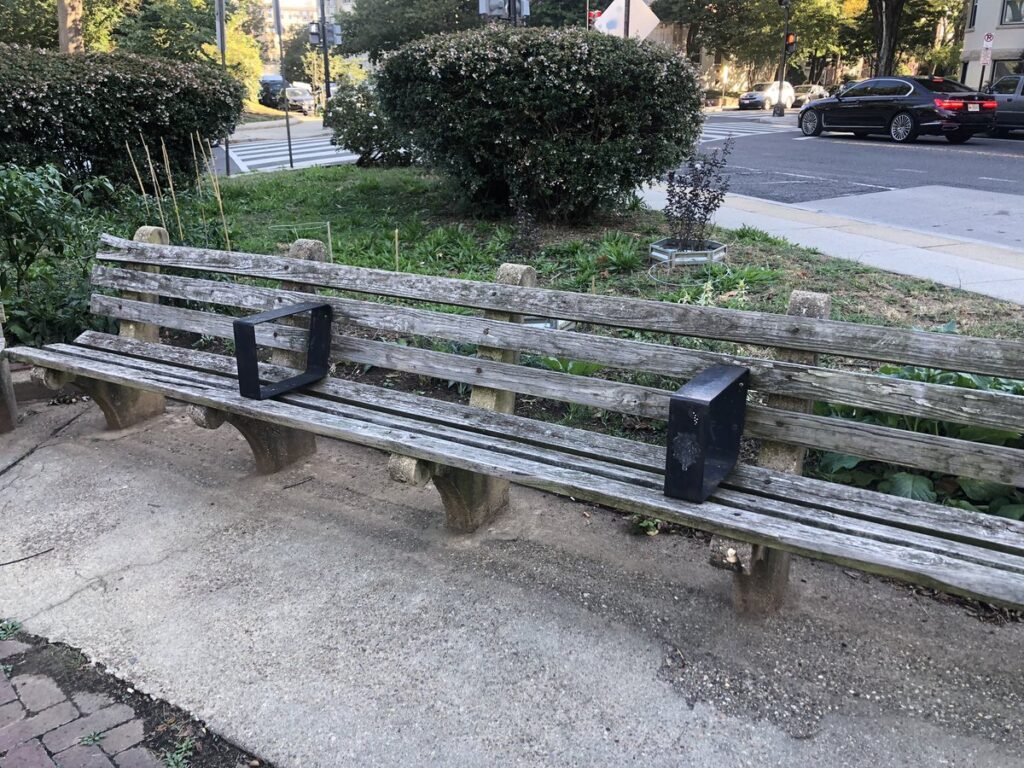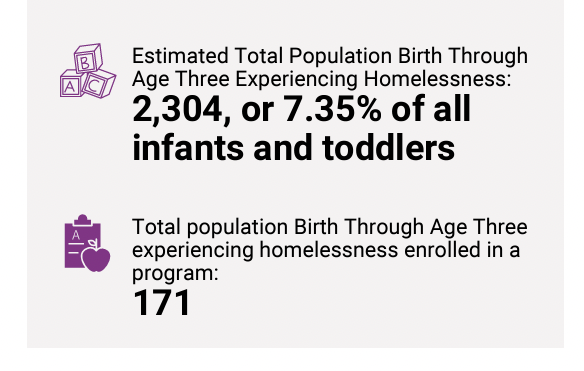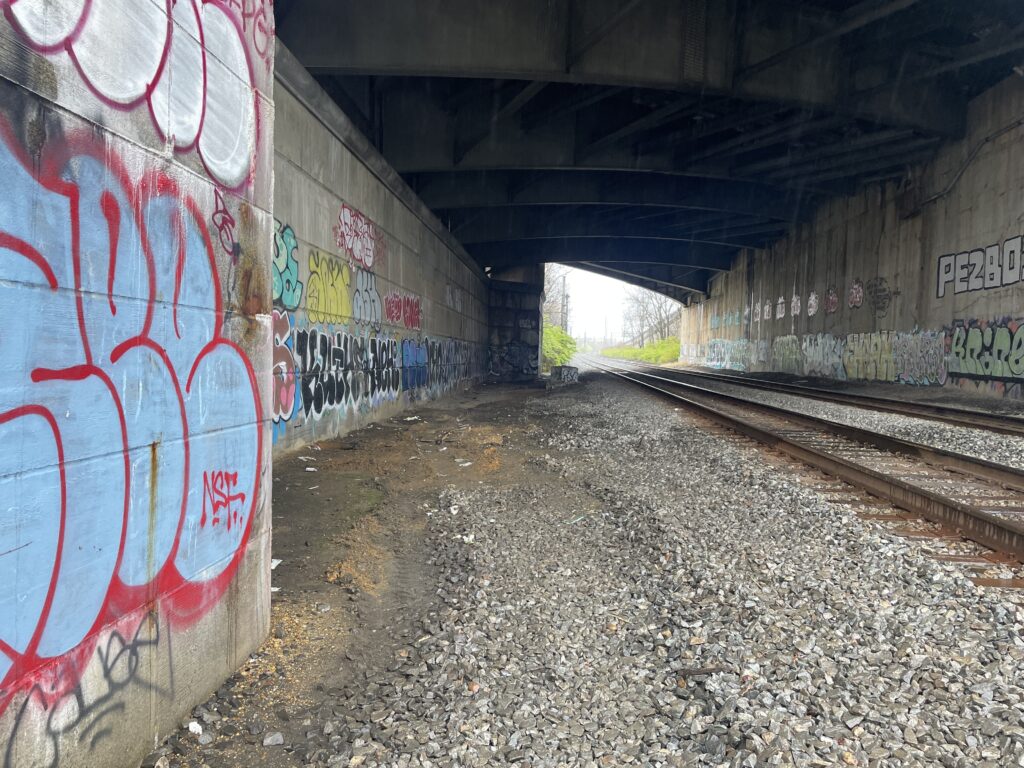For 48 hours in early March, Brandi Tuck, a political science and philosophy major at University of Florida, was homeless.
Instead of taking a traditional spring break trip to the beach, Tuck and other members of the school’s Alternative Breaks Program came to Washington to participate in the Urban Plunge Program.
The students arrived needing a bath and wearing shabby clothes and stocking caps. They split up into groups of five or six and were taken by a current or former homeless person through the city streets to learn how a typical homeless person lives.
The experience included panhandling, eating at soup kitchens, interacting with homeless people, dealing with boredom and spending the night on the streets.
The hardest part, Tuck said, was sleeping on the street in sub-freezing weather.
“The nights were so horrible that throughout the entire daytime, we had a horrible dread of the impending night,” Tuck said. “We did not want to have to face another night because it was just so cold and so miserable, and so long.”
The Urban Plunger Program, which has drawn college students from across the country, began in the early 1980’s, said Michael Stoops, executive director and community organizer for the National Coalition for the Homeless.
“I started the Urban Plunge Program as a way for people to get a limited sense of what it is like to be homeless in America,” Stoops said. “It is not the same thing as being homeless [because] the plunger has a home to go home to at the end of 48 hours.”
The urban plunge idea is even older, however. Plunges were popular in the 1960s among theology students, Stoops said. Possible one of the earliest plungers was author George Orwell, who lived among the poor in 1933.
Stoops organizes an average of 10 plunges each year. He estimated that 2,000 students across the country have participated in the program in cities that include San Francisco, Denver and Austin, Texas.
Within the last two months, students from Appalachian State University, the University of Kansas, Williamette University in Oregon and the University of Florida have come to Washington.
Joshua Nardi, a junior at Appalachian State, was with a group that spent 48 hours on the street, and he said that during that time all of the homeless people were so kind and thoughtful, completely changing his opinion of people on the street.
“It smashed our assumptions about homeless people and their tribulations,” he said. “It was especially hard for me to emerge from the streets without a strong prejudice against the status quo civilians, like you and me.”
August Mallory, a speaker for the National Coalition for the homeless and writer for Street Sense, is one of the leaders of the plungers.
“I think people need to know [what it is like to be homeless], and if it has to come from the young people like this, then that is a good thing,” Mallory said.
During the March 1-3 visit by the University of Florida students, Mallory spend a couple of hours showing his small group the social services available to homeless people at soup kitchens, including Charlie’s Place, S.O.M.E., and the Zacchaeus Community Kitchen.
The homeless people at the kitchens treated the group well, Tuck said.
“They pretty much all knew something was up when a group of four or five college-age students walked into a homeless shelter for dinner,” Tuck said. “We told them we were homeless and transient, and they were all genuinely concerned for our safety and wellbeing.”
Mallory also showed the students the skill of panhandling
“I gave them so pointers on how to shake a cup,” Mallory said. “A few made $30 to $50, whereas others in the group, including Tuck, made under $10.”
Mallory said that groups he has led have not only been offered meals, but also even invited to people’s homes for food. One of Mallory’s groups from North Carolina was brought food while they were sleeping.
“Most of the education that we had before the trip was confirmed on our trip, but we never expected to feel so dejected by the entire population,” Tuck said. “Or that one single hug could make us believe we could last through the day.”
Mallory said that Tuck’s reaction is similar to most students.
“It’s like a training session,” he said. “It is a learning experience. They learn from me, I learn from them, and it is something they can take back to their peers.”








